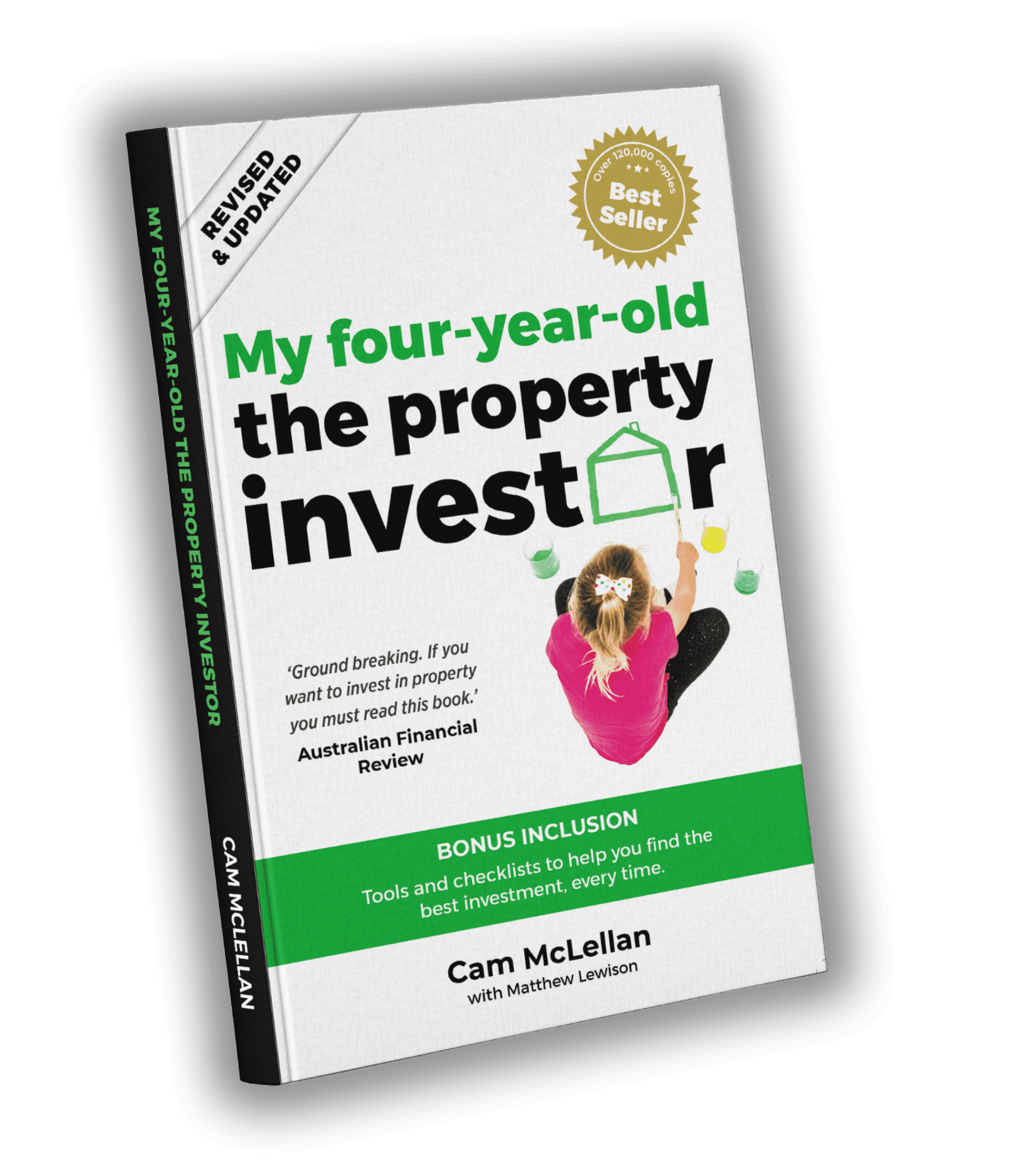Real estate investing has a lot of appeal. You can touch, see, and even improve your investment, which can provide a steady and reliable income stream and capital growth over the long term. In addition, renting your property can pay off your mortgage, allowing you to build equity and expand your property portfolio.
However, before jumping headfirst into real estate investment, it’s essential to consider the potential risks involved. Real estate markets are cyclical, with significant price fluctuations, which will impact the return on your investment.
While property values have historically tended to appreciate over time, there are no guarantees, and market downturns can result in temporary or even long-term losses. Let’s explore the level of risk associated with property investments to see if this is an avenue you might like to explore further.
Making the initial investment
Property purchases typically require a significant upfront investment, which can be challenging for some investors. Saving for a deposit, dealing with mortgage repayments, and managing other associated costs, such as stamp duty and legal fees, can pose financial challenges. Additionally, owning a property means you’ll need to take care of its maintenance and upkeep, which can be time-consuming and costly.
The risk diversification in your investment portfolio
By investing heavily in real estate, you may be exposing yourself to a higher degree of risk as your wealth becomes more concentrated in a single asset class. If the property market experiences a downturn, your overall financial stability could be significantly affected.
Moreover, it’s crucial to consider external factors that can influence the property market, such as changes in interest rates, government regulations, and economic conditions. These factors can substantially impact property values and rental demand, which may directly affect the profitability of your investment.
Property investment risks
Economic fluctuations play a significant role in the real estate market. Changes in interest rates, inflation, and unemployment can impact property prices and rental income. For example, when interest rates are low, people are more inclined to borrow to buy a house, which drives property prices higher. Conversely, high inflation often increases the cost of living, making it challenging for people to afford housing, leading to a decrease in property prices. Additionally, high unemployment rates can affect rental income as tenants may struggle to afford their rent, potentially reducing rental demand.
Overbuilding and oversupply are potential risks when there is an excess of new construction in a specific area. When too many properties are available, a surplus of supply causes property prices to decline. Overcapitalisation occurs when a property’s cost exceeds its potential value or rental income. For example, constructing numerous apartments in an area with low demand drops prices to a point where they no longer cover costs, potentially leading to financial losses.
Inflation also poses a risk to real estate investments. As inflation erodes the value of money over time, it can diminish the purchasing power of rental income. Moreover, inflation can trigger rising mortgage rates and increase development and maintenance costs.
Specific risks are associated with individual properties or markets. For example, location, zoning laws, property conditions, or declining local economies can hurt real estate values. Even if a property seems like a good investment, it can lose value due to specific risk factors. For instance, a property in a high-crime area or a declining economy may become a less desirable investment, affecting its potential for long-term growth.
To mitigate these risks, conducting thorough research and due diligence is crucial. Evaluating the economic indicators, such as interest rates, inflation projections, and employment trends, can provide insight into a real estate investment’s potential risks and rewards. In addition, assessing market demand, considering location factors, and thoroughly inspecting the property can help identify specific risks associated with individual properties.
The pros of property investment
Property investment is the potential for long-term appreciation in value. Historical data suggests that property values have generally appreciated over time, allowing investors to build wealth. Furthermore, property investment offers notable tax benefits. Australian tax laws allow for deductions on various expenses associated with property ownership. For example, landlords can claim deductions for maintenance and repairs, interest payments on loans, property management fees, and even depreciation of assets within the property. These deductions can help reduce the overall tax liability and increase the cash flow generated by the investment property.
The potential for generating a passive income stream via renting allows investors to receive regular payments, which can help cover mortgage repayments and other associated costs. In addition, as the property’s value appreciates, the potential for increased rental income also grows, providing a reliable source of cash flow.
Are you ready for long-term wealth accumulation?
Property helps you generate passive income and act as a hedge against inflation. However, it’s vital to approach property investment with a well-informed strategy and realistic expectations.
One way to mitigate the risks associated with property investment is to seek professional advice from experts who specialise in the real estate market. At OpenCorp, we can provide valuable insights into market trends and potential investment opportunities and help you develop a comprehensive investment plan.
Additionally, considering a diversified investment portfolio can be a prudent approach to risk management. Allocating your funds across different asset classes, such as stocks and bonds, can help spread the risk and minimise the impact of market fluctuations on your overall wealth.







